by Clare Brant, Professor of Eighteenth-Century Literature and Culture and Co-Director, Centre for Life-Writing Research
‘It’s in my diary’
is a phrase you still hear. The expression gives no clue as to whether the speaker uses a paper diary or an app, and not needing to make the distinction shows how old and new forms of diary co-exist happily. The paper appointment diary is still an everyday object – I have a Filofax I was given in the 1990s when they were fashionable and it’s still easy to buy an annual refill. Meanwhile an increasing number of apps make the diary mobile-friendly, multi-media, synchable – and, if you want to keep it private, encryptable.
Do you have a paper diary? Do you use a diary app? Do you contribute to an online diary platform? Do you do none of the above but are curious about diaries? Then put in your diary 26 May – 7 July, the dates for Dear Diary, a forthcoming exhibition at the Inigo Rooms, East Wing, Somerset House on diaries old and new. It’s a collaboration between the Centre for Life-Writing Research, which I co-direct, and the Great Diary Project, directed by Dr Polly North.
Diaries are among our most precious items of heritage… No other kind of document offers such a wealth of information about daily life and the ups and downs of human existence…

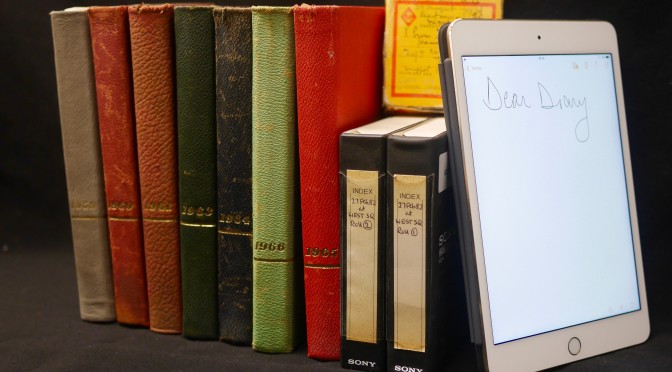
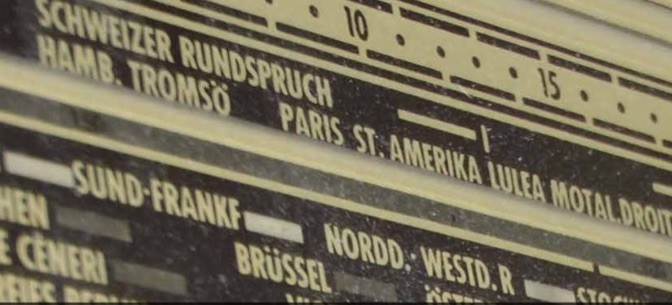
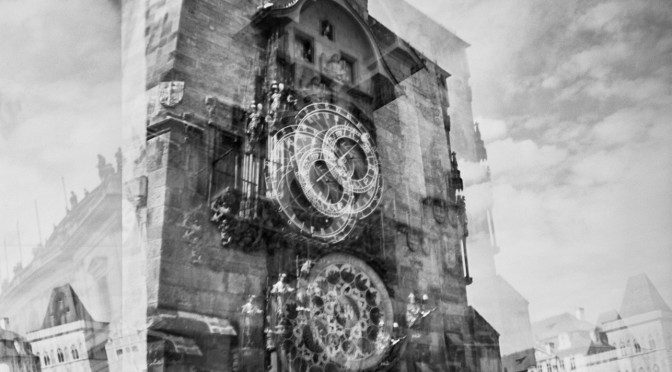
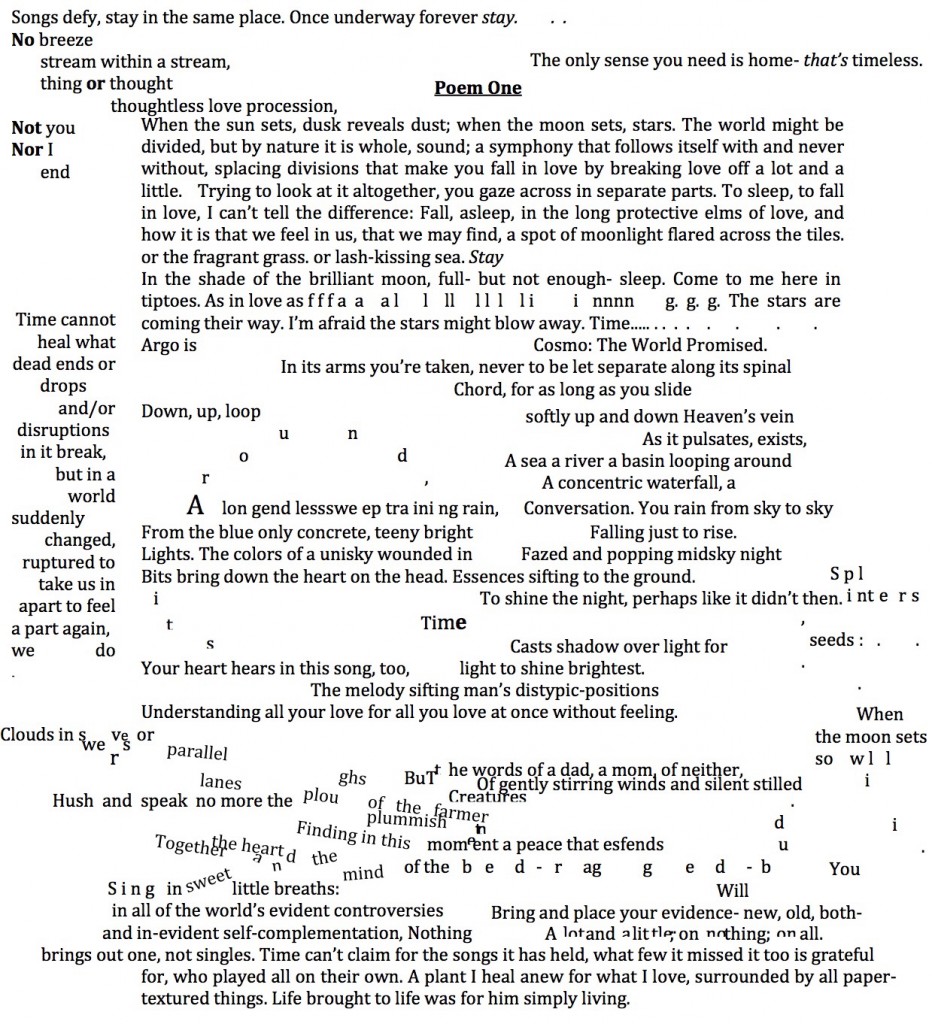
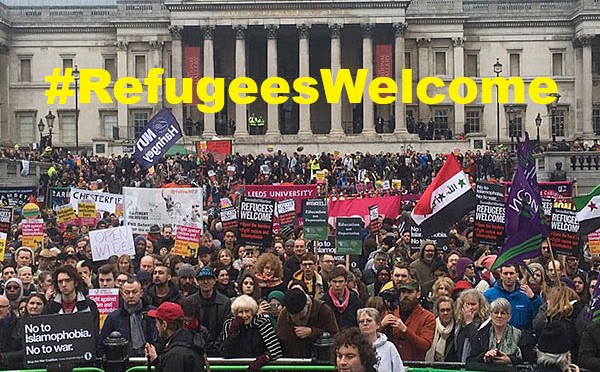
![footnotes, [alt+cmd+f] 1.a living encyclopedia of research](https://blogs.kcl.ac.uk/english/files/2016/04/original-672x372.jpg)